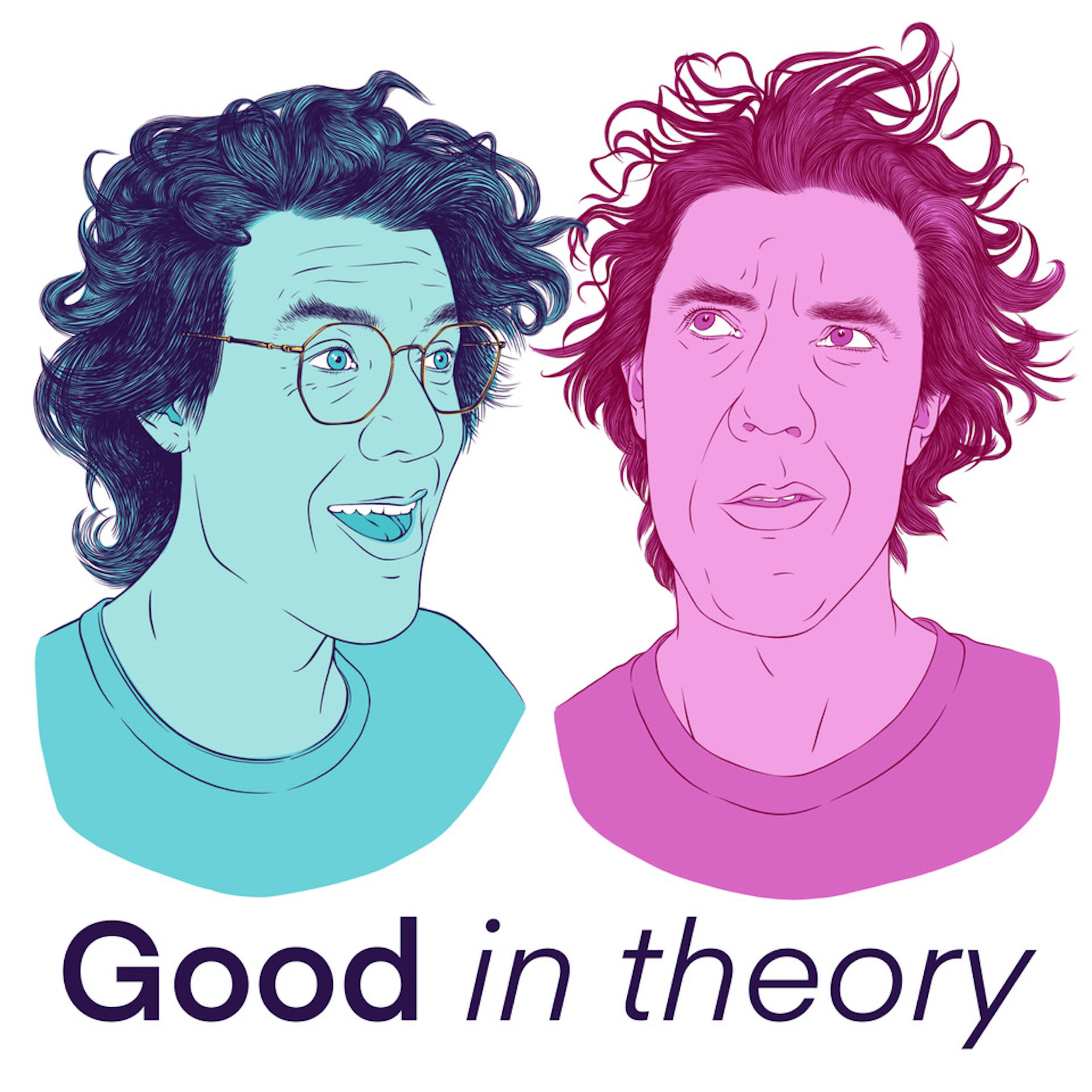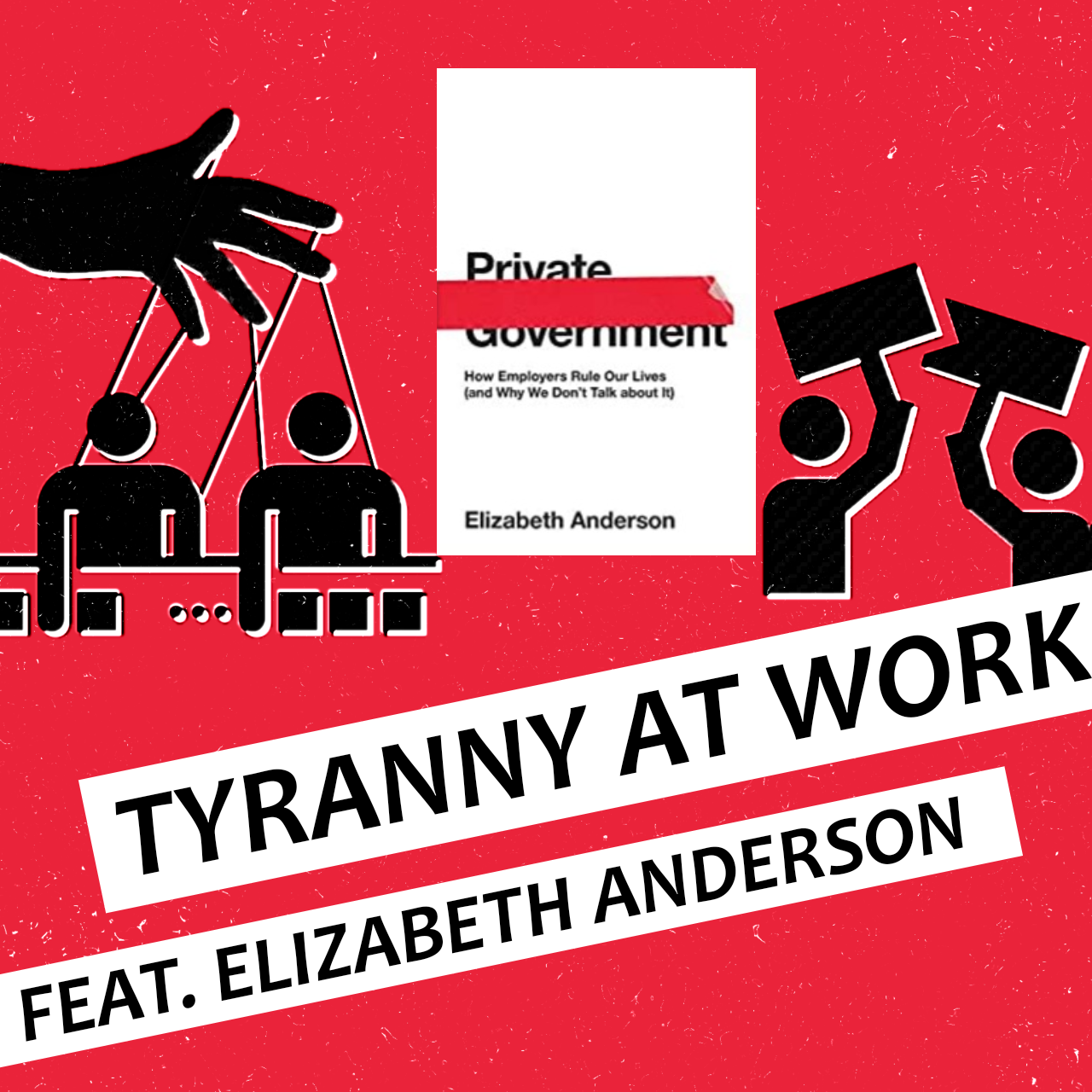
Episodes
War tends to bring out the human propensity for atrocity. Nobody likes indiscriminate killing, torture and so on. What to do about it? One response is to avoid war altogether. According to Yale prof Samuel Moyn, that’s what most people wanted after World War II and after Vietnam. But more recently, he’s noticed a shift. Now, politicians, especially in America, are focussing on making more humane. Leaders like Obama say they’ll make war as ‘clean’ as possible by using drone strikes and special forces and minimizing civilian deaths and secret torture programs. That’s all well and good but Moyn sees a danger: making war more humane makes it easier to justify. If war is ‘clean’, why not wage it forever?
Samuel J. Huntington’s 1993 “The Clash of Civilizations?” is the most assigned article in American political science. It predicts a worldwide culture war (but not the kind you're thinking of). The book became a massive bestseller, Huntington was all over TV and his theory is still talked about all the time. This theory made him a press darling but is reviled by his fellow academics. Think of "Clash" as a dark rejoinder to Fukuyama’s already-pretty-morose “End of History.” Instead of a peaceful but boring post-history, Huntington thinks that the end of the Cold War heralds a new era of worldwide civilizational conflict not only because of the Muslims (but also because of the Muslims).
Americans hate when the state tells them what to do. They’ve got freer speech, freer access to guns and less regulation on business than any other rich country.
But they let their work bosses walk all over them. American workers have less rights and worse conditions than workers in any other developed country. Employers can fire employees at will, impose arbitrary schedules and prevent them from forming unions. They tell them what to wear, what they can publicly say and even when they can take a shit. Why do freedom-loving Americans stand for this?
Elizabeth Anderson is a philosopher at Michigan State University, Ann Arbor. She thinks her country is in the grip of free-market ideology AKA “libertarianism” AKA “classical liberalism.” According to this viewpoint, any interference by the state in the private sector is a violation of freedom. But when the state won’t defend workers’ rights, they allow employers to subject their employees to a tyrannical form of “private government.” Freedom for the boss means servitude for the worker.
We talk about the history of this ideology, the consequences for American workers and how the tide may finally be starting to turn.
Matthew Stewart is a philosophy PhD and author. He’s also a Princeton guy and former management consultant so he knows rich people.
His new book, The 9.9%, is about them. Not the super-rich, but the doctors, lawyers and managers that go to good colleges and live in nice neighbourhoods. The “nearly rich and not-famous,” as he puts it.
We talk about how these people raise their kids, get their money and block the poorer element from their neighbourhoods. Matthew reckons the 9.9% are a new kind of aristocracy that’s entrenching inequality and making everyone hate parenting. In the end, it’s not really the white collar player he hates; it’s the game of inequality. Though he doesn’t sound very fond of the players either.
Big tech companies tell us they’re our servants, existing to fulfill our desires more cheaply and conveniently than ever. Alfie Bown doesn’t think so. He thinks Deliveroo, Tinder, Pornhub etc. aren’t just giving us what we want, they’re shaping what we want. He reckons our tech overlords are secretly remaking humankind on the level of desire.
We chat about Chinese cars that know what you want to eat and why time travellers don’t get horny.
Bown is the author of a new book called Dream Lovers: The Gamification of Relationships
Is democracy really the worst form of government except for all the other ones or is it just the worst?
This is a crossover with the delightful Morality of Everyday Things podcast. Jake and Ant and I discuss what liberal democracy is, the arguments in its favour, and some big critiques. Episode includes Plato, Nazis and Lizards. Enjoy!
Rhetoric is supposed to inspire. Imagine Cicero exhorting the Roman people, Churchill vowing to “fight on the beaches.” Yet, when politicians speak today, it’s almost always boring or obnoxious. Why?
Prof. Rob Goodman, author of Words on Fire: Eloquence and its Conditions comes by today to talk about the history of rhetoric, what Cicero knew that we don’t, and the political speech styles of Trudeau (boring), Trump (obnoxious), and X González (pretty great, actually).











